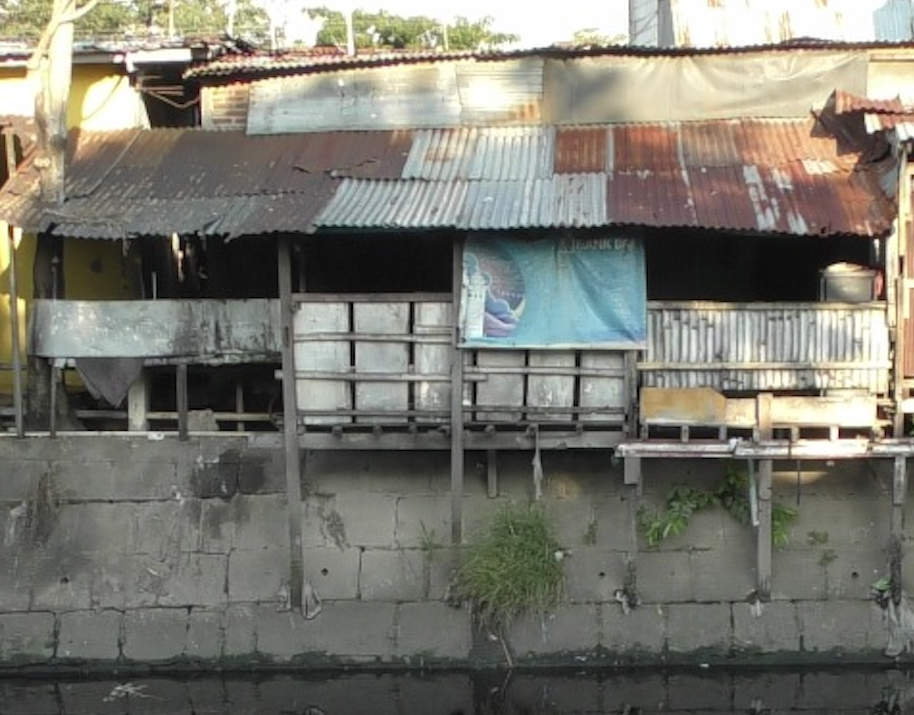
News
‘Everyone Has Dreams’
Play audio version
Disability Rights Activist Farida Campaigns Against the Stigma of Leprosy
July 18, 2022
Translated from Bahasa Indonesia.
Click here for the Bahasa Indonesia version of this article.
MAKASSAR, Indonesia — Every year, an average of 250,000 people are diagnosed with leprosy across the globe. As one of the world’s oldest diseases that has been studied and treated countless times, why is there still such a robust and negative stigma surrounding those who have contracted the illness? Misconceptions of leprosy are plentiful. In some countries, people still believe it’s a hereditary disease that can be passed down from parent to child, while others see it as a sign of “impure blood.” In Indonesia, a country with the third highest incidence of leprosy in the world with about 17,000 new cases annually, this chronic infectious disease is still often considered a curse or a punishment from god.
These misconceptions about leprosy manifest in multiple ways. In some countries, including Indonesia, women who experience leprosy who give birth are at risk of having their children taken from them, while men and women who contract the disease are sometimes forced to live separately from the rest of society in what used to be known as “leper colonies.” Overall many people who experience leprosy are trapped in a never-ending cycle of poverty and discrimination. They face significant barriers to education and employment, making them highly vulnerable to poverty. In Indonesia, the lack of information from the government about leprosy perpetuates the stigma, causing those affected to sometimes hide their symptoms and forgo treatment. This makes eradicating the disease in this country all but impossible.
Everyone has dreams. I used to want to be a teacher but the obstacle … because I have leprosy, I was expelled. … That was it.
Farida
Disability rights and leprosy activist Farida, who has a single given name, has experienced this discrimination firsthand in South Sulawesi, Indonesia. While still in junior high school, she was diagnosed with leprosy and expelled for contracting the disease. “Everyone has dreams. I used to want to be a teacher but the obstacle … because I have leprosy, I was expelled. … That was it,” she says. Farida moved to Jongaya, one of the few leprosy communities that still exist in Indonesia today, to live with an uncle who’d also contracted the disease. There, she received treatment in the hospital and found kinship among others living in the village. Though segregated and hidden from the rest of society, Farida was able to settle down here and start a life. “In 1989, three months after I was there, I got married, I finished my treatment. … My husband was also [a person who experienced leprosy],” she says.
That sense of acceptance and community ended at the edge of Jongaya, however. After Farida and her husband welcomed a son born without leprosy, Farida’s family members, especially an aunt and cousin, were worried. With the prevailing misinformation surrounding the transmission of leprosy, they were concerned her son would develop the disease while living with his mother. (In reality, once people with leprosy start treatment, as Farida had, they are no longer contagious.) They proposed taking the child from Farida and her husband to live with them. Farida adamantly refused. “I went back to my village. … My aunt and cousin also wanted to take my son, but I didn’t want to because I could take care of [him] myself. They were afraid that my child would also get the disease, leprosy. That’s why they wanted to take my child when he was five or six months old,” she says. She recalls an unidentified family member telling her, “Your child will also get the disease if he lives with you!” Undeterred, Farida and her husband raised their child together on their own.
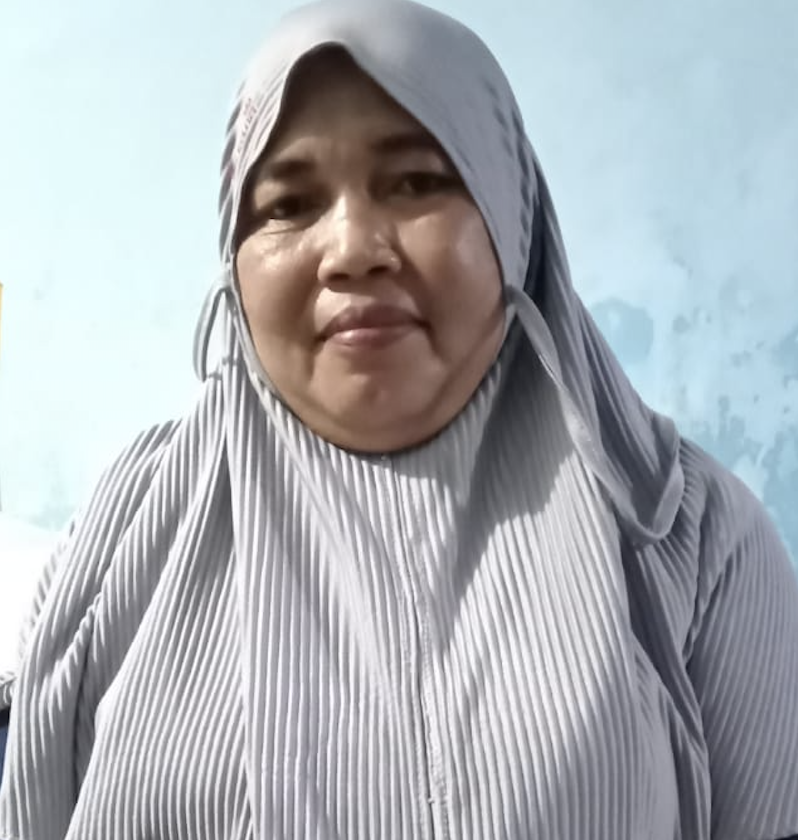
Today, Farida is leprosy-free. Now she wants to help combat the stigma of this disease in her community and across Indonesia. She has become an advocate and provides moral support to others who experience leprosy. She is also a member of the Independent Association of Leprosy Indonesia (PerMaTa) and the Association of Indonesian Women with Disabilities (HWDI) South Sulawesi, where she promotes government reforms, collects data, and assists in cases of violence and discrimination against people experiencing leprosy in Makassar, the capital of South Sulawesi. In Indonesia, 26 provinces and 401 cities have eliminated leprosy, with prevalence rates of less than 1 case per 10,000. Unfortunately, Sulawesi Island, where South Sulawesi is located, has not achieved this status. In 2020, a study published by the Health Office in South Sulawesi found that the prevalence rate in the province was 7.57 per 10,000, vastly more than the target rate of <1 per 10,000. Additionally, a 2017 report published by Bumigora University in West Nusa Tenggara, Indonesia, found that the total number of cases in Sulawesi contributed to “16.5% of the total cases in Indonesia.”
Farida helps campaign for leprosy awareness in the schools and among other persons who experience leprosy. “[Leprosy can be cured] … by taking medicine regularly. … Whenever we don’t take medicine, the disease can come back again, and we have to start the treatment all over again. … I give understanding to the community,” she says.
Leprosy is caused by a bacterium that attacks the peripheral nerves and skin, causing numbness in some areas of the body as well as white skin patches, bumps, and swelling. There are two common types of leprosy: paucibacillary (PB), characterized as a less advanced disease with a low bacterial load, and multibacillary (MB), characterized as more advanced with a higher bacterial load. In Indonesia, the protocol for treating leprosy is a highly effective, multi-drug treatment administered over six months to two years depending on the severity of the disease. If left untreated, the disease can result in a permanent disability.
Farida hopes that more persons experiencing leprosy will seek treatment and that information related to leprosy will become more readily accessible, resulting in an elimination of misconceptions surrounding the disease and leprosy’s eventual eradication. Her goal is to one day see a special policy in place that creates access to education for children experiencing leprosy in Indonesia. According to a report submitted by 14 Indonesian organizations advocating for the rights of persons experiencing leprosy, students are frequently asked to leave school when they contract the disease. In 2018, a child was expelled because his parents were diagnosed with leprosy.
“I campaign with my friends [who experience leprosy] every World Leprosy Day,” says Farida. “We go down the street together and visit the regions. We do that with [PerMaTa], the head officer of the Health Office in the regions. … We distribute flowers, brochures to the community … [with the information] that leprosy can be cured.”
Dija is a 2022 DJP Fellow and chairperson of HWDI of South Sulawesi. @2022 HWDI. All rights reserved.
News From the Global Frontlines of Disability Justice
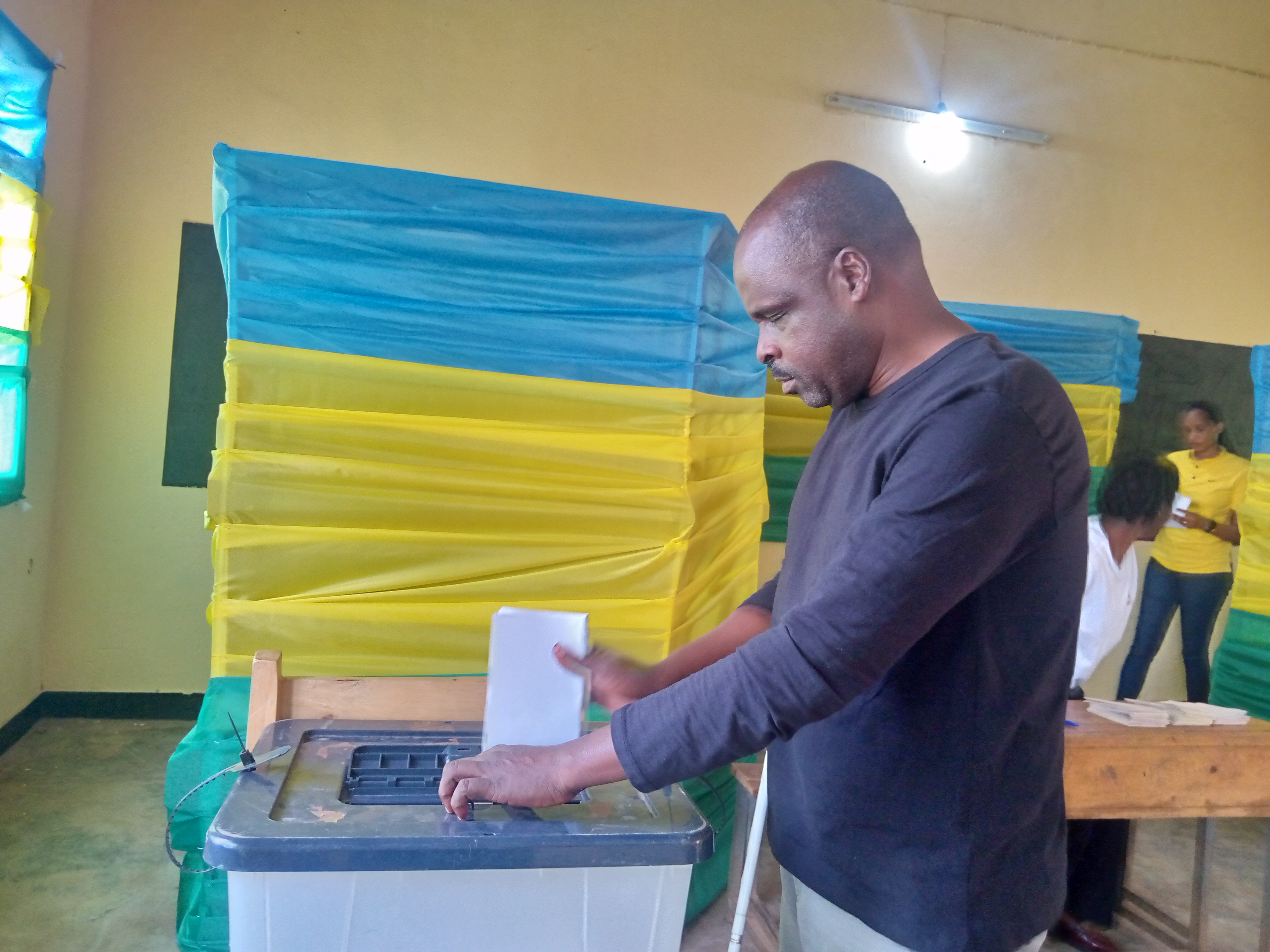
Advancing Democracy
Rwanda has made significant progress in making its elections more accessible, highlighted by the July 15 general elections where notable accommodations were provided. This was a major step forward in disabled Rwandans’ quest for equal rights and participation. “You cannot imagine how happy I am, for I have voted by myself and privately as others do accessibly,” says Jean Marie Vianney Mukeshimana, who used a Braille voting slate for the first time. “Voting is a deeply emotional and meaningful experience for a person with any disability in Rwanda, reflecting a blend of pride, empowerment, and hope.”
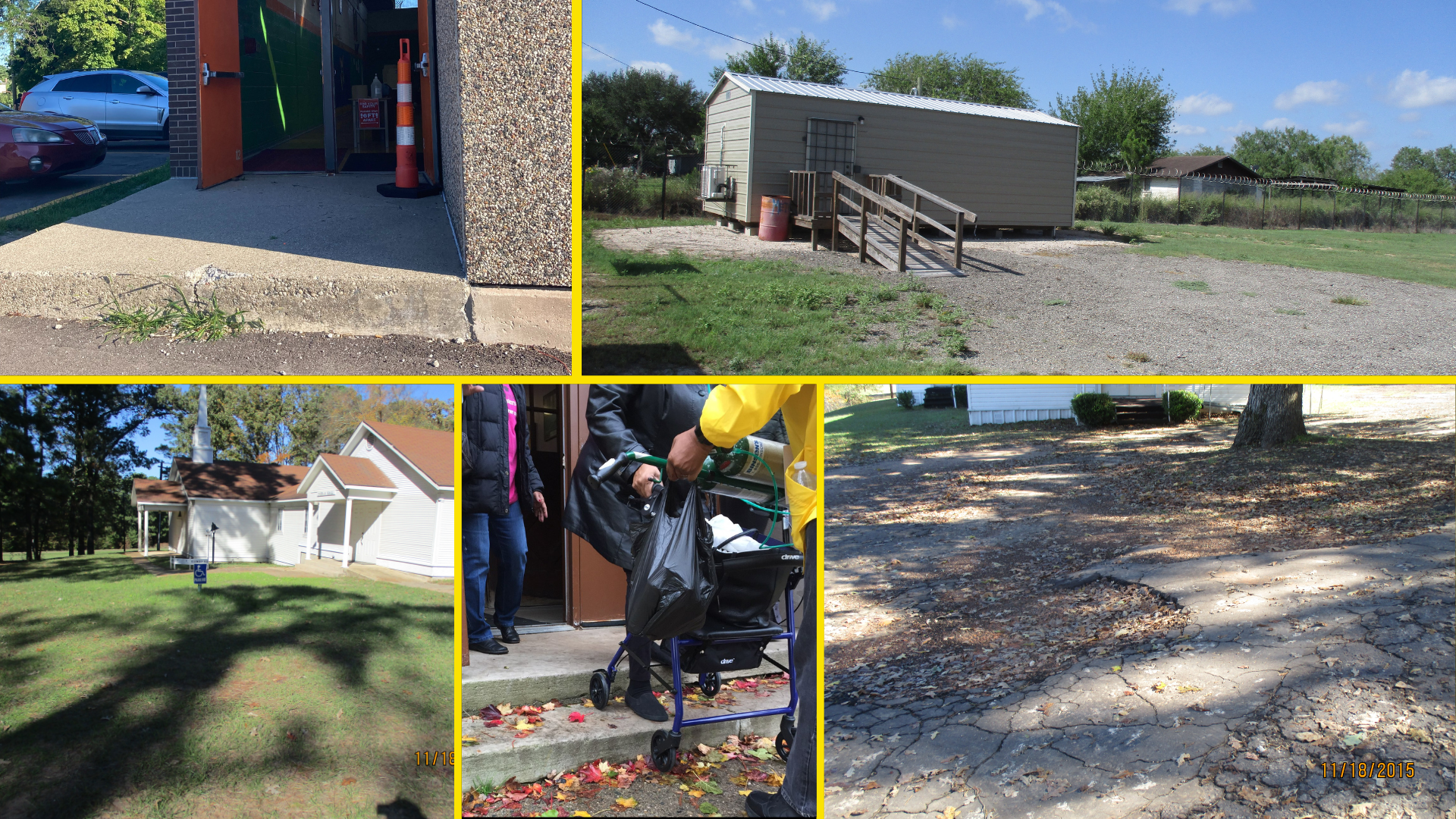
Barriers to the Ballot
Despite legislation like the Americans with Disabilities Act, barriers at the polls still hinder — and often prevent — people with disabilities from voting. New restrictive laws in some states, such as criminalizing assistance with voting, exacerbate these issues. Advocacy groups continue to fight for improved accessibility and increased voter turnout among disabled individuals, emphasizing the need for multiple voting options to accommodate diverse needs. ““Of course, we want to vote,” says Claire Stanley with the American Council of the Blind, “but if you can’t, you can’t.”
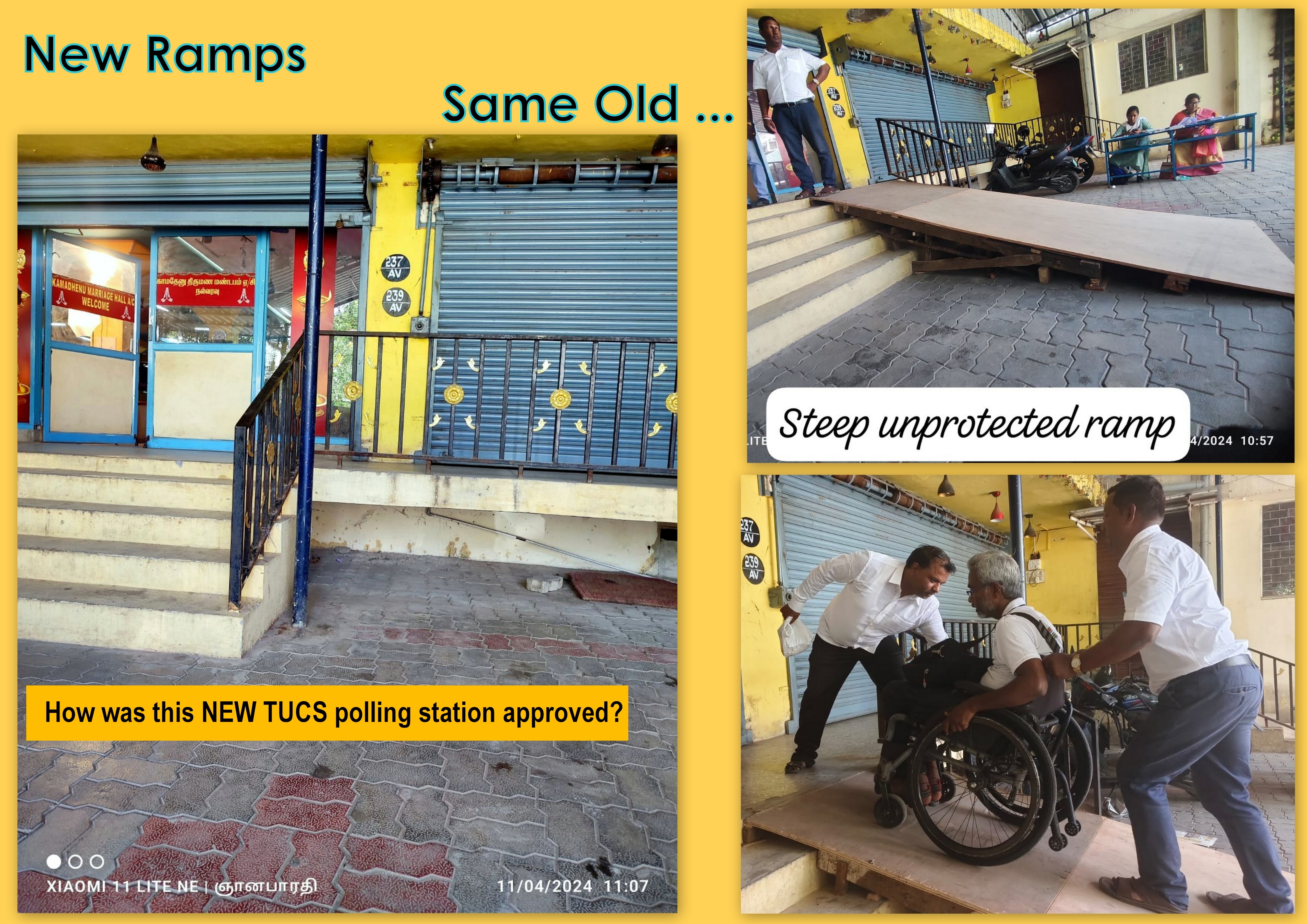
Democracy Denied
In 2024, a record number of voters worldwide will head to the polls, but many disabled individuals still face significant barriers. In India, inaccessible electronic voting machines and polling stations hinder the ability of disabled voters to cast their ballots independently. Despite legal protections and efforts to improve accessibility, systemic issues continue to prevent many from fully participating in the world’s largest democracy. “All across India, the perception of having made a place accessible,” says Vaishnavi Jayakumar of Disability Rights Alliance, “is to put a decent ramp at the entrance and some form of quasi-accessible toilet.”
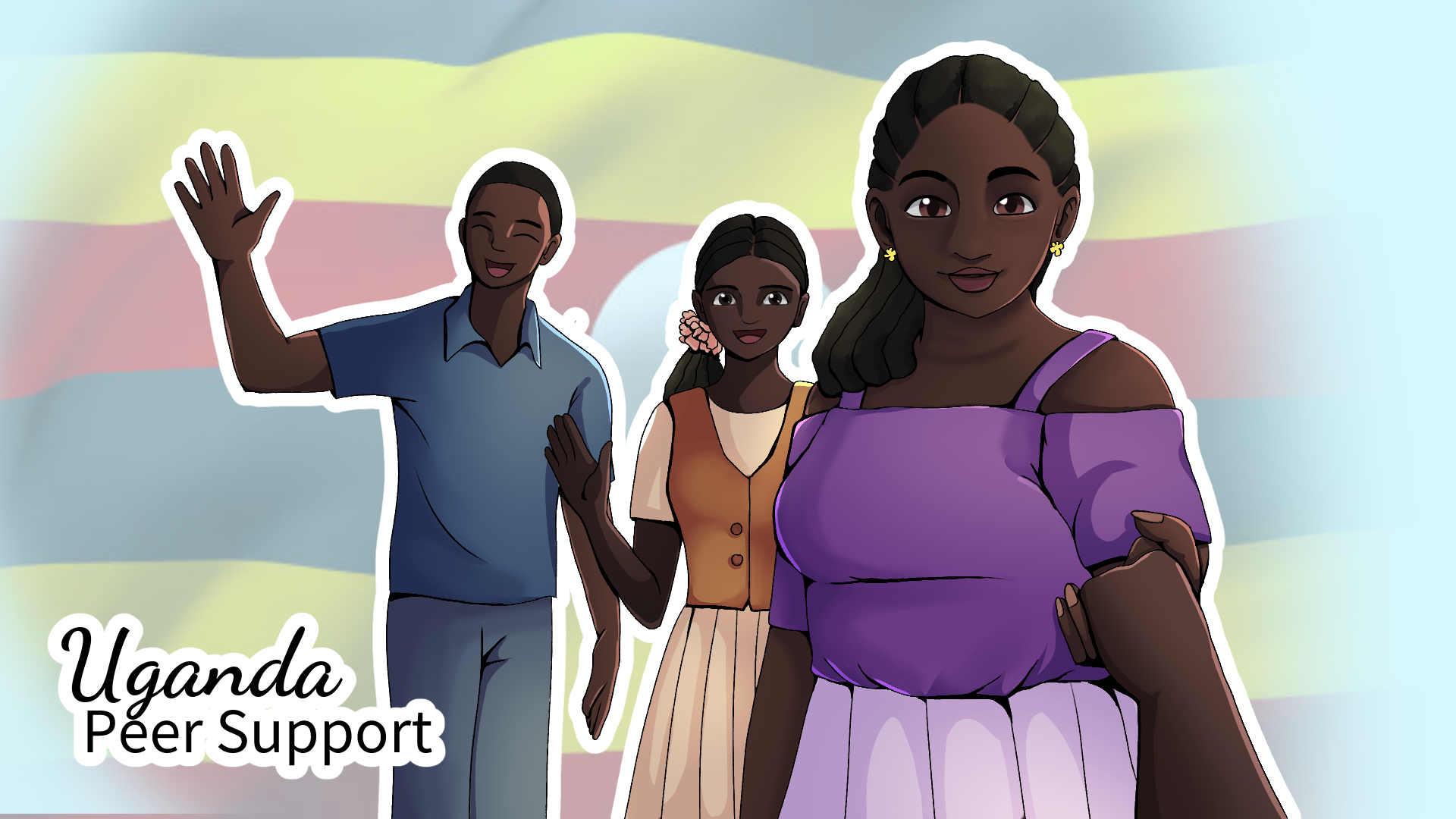
Triumph Over Despair
DJP Fellow Esther Suubi shares her journey of finding purpose in supporting others with psychosocial disabilities. She explores the transformative power of peer support and her evolution to becoming an advocate for mental health. “Whenever I see people back on their feet and thriving, they encourage me to continue supporting others so that I don’t leave anyone behind,” she says. “It is a process that is sometimes challenging, but it also helps me to learn, unlearn, and relearn new ways that I can support someone – and myself.”
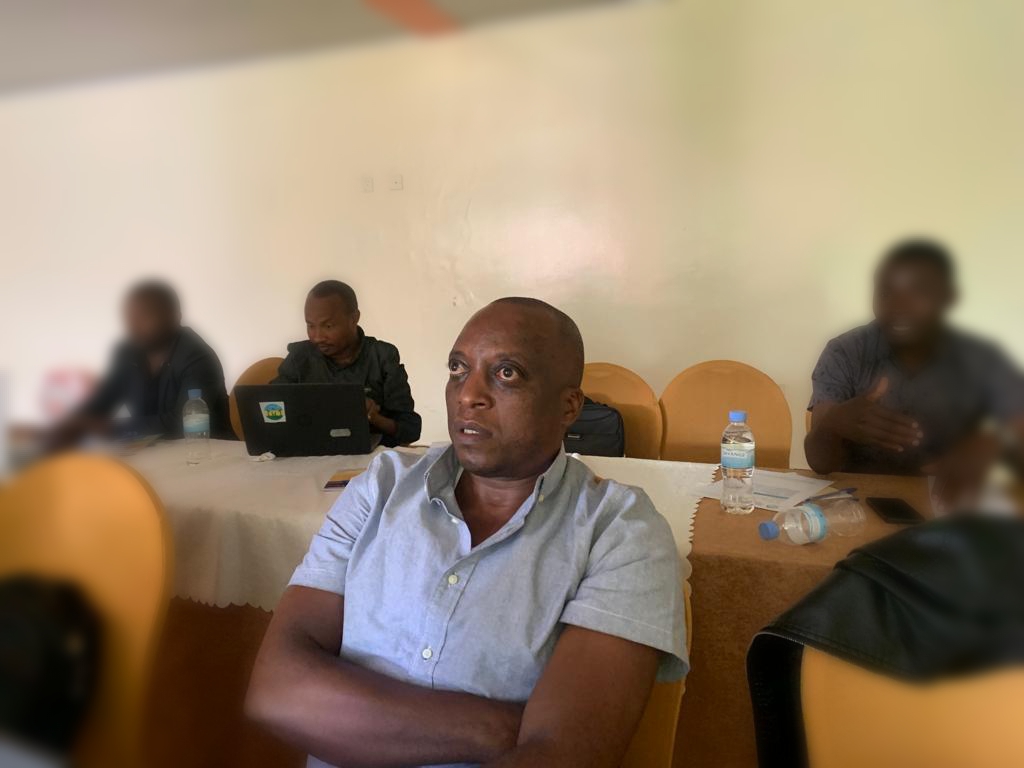
‘Our Vote Matters’
As Rwanda prepares for its presidential elections, voices like Daniel Mushimiyimana’s have a powerful message: every vote counts, including those of citizens with disabilities. Despite legal frameworks like the UN Convention on the Rights of Persons with Disabilities, challenges persist in translating these into practical, accessible voting experiences for over 446,453 Rwandans with disabilities. To cast a vote, blind people need to take a sighted relative to read the ballot. An electoral committee member must be present, violating the blind person’s voting privacy. “We want that to change in these coming elections,” says Mushimiyimana.
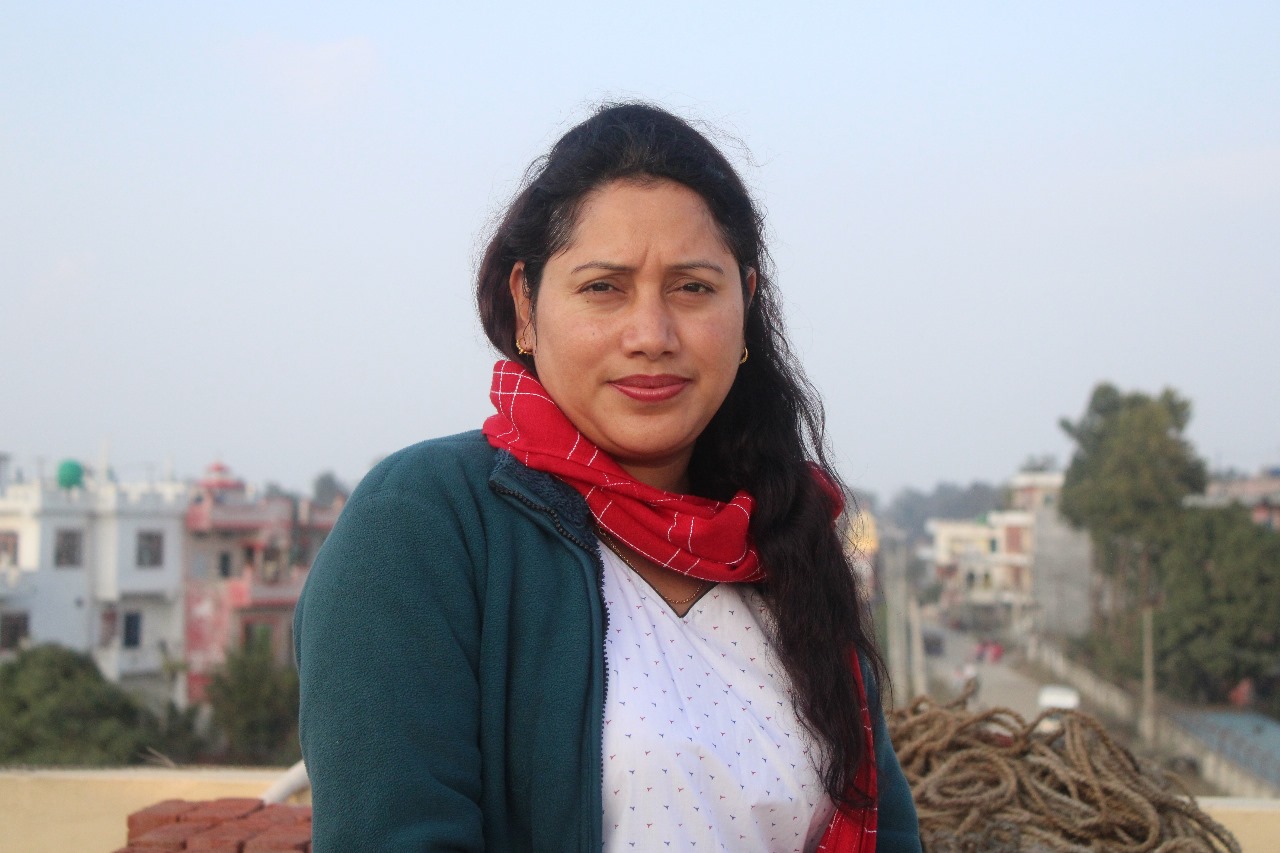
Voices Unsilenced
Often dismissed as a personal concern, mental health is a societal issue, according to Srijana KC, who works as a psychosocial counselor for the Nepali organization KOSHISH. KC’s own history includes a seizure disorder, which resulted in mental health challenges. She faced prejudice in both educational settings and the workplace, which pushed her towards becoming a street vendor to afford her medications. Now with KOSHISH, she coordinates peer support gatherings in different parts of Nepal. “It is crucial to instill hope in society, recognizing that individuals with psychosocial disabilities can significantly contribute,” she says.